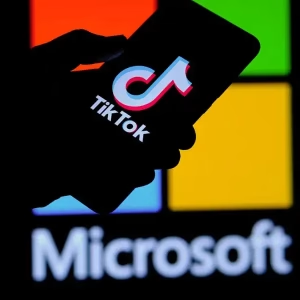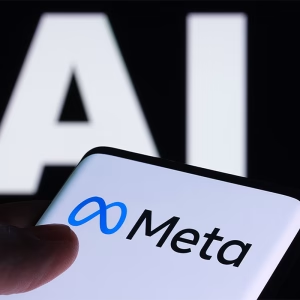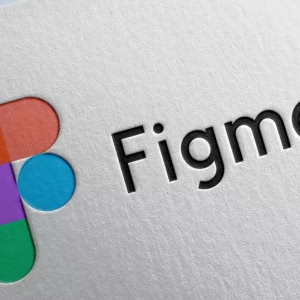Adobe’s Premiere Pro will soon receive additional AI features for object manipulation and generative extension.
Despite the ongoing debate between human artists and proponents of generative artificial intelligence, Adobe remains committed to bridging the gap, intensifying its AI efforts with the latest announcements.
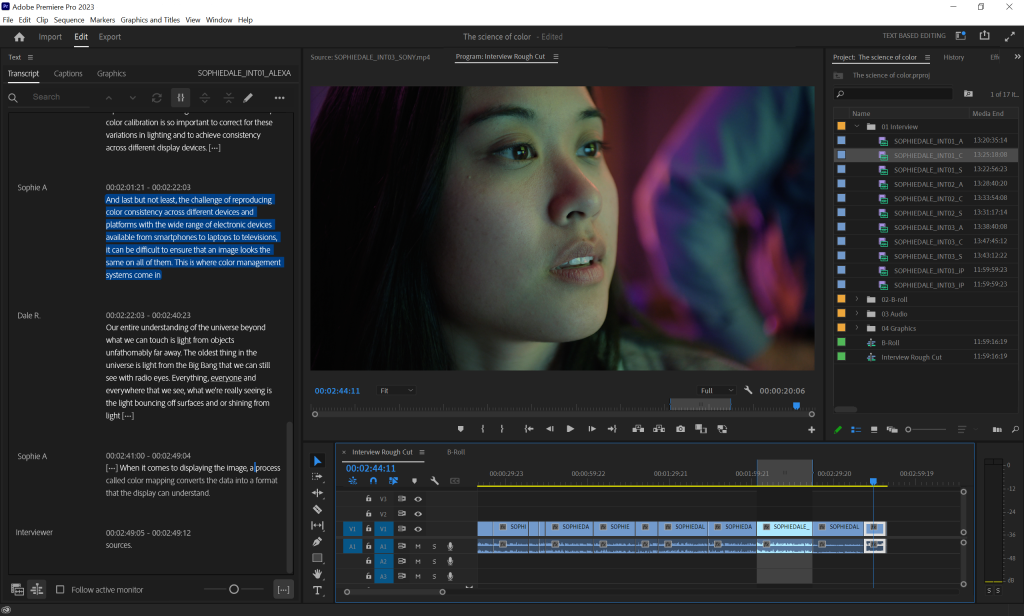
As per the company’s recent statement, their flagship video editing software is set to receive a range of AI features powered by Firefly, Adobe’s family of generative AI models that were previously integrated into Photoshop . Later in the year, Premiere Pro users will gain access to tools for adding and removing objects from video footage by selecting an area and using text prompts. Additionally, the update will introduce a new Generative Extend feature, allowing users to add frames and extend clips.
Adding to the pile, Adobe announced collaborations with companies such as OpenAI, Runway, and Pika Labs to “give professional video editors more choice” by allowing them to utilize tools like video-generation AI Sora directly in Premiere Pro. Furthermore, Adobe mentioned that its Content Credentials feature, also slated to arrive in Premiere, will provide transparency regarding the use of AI, including information on which specific model was utilized.
At the moment, the exact launch date remains undisclosed, with Adobe only disclosing the release year of 2024. You can learn more about Premiere Pro’s upcoming AI features by clicking this link.
Speaking of AI, an earlier report indicated that big-league companies are expressing concerns about advertisers integrating generative AI into their working processes, leading them to include a “no AI, no how” clause in the contracts they sign with advertising agencies.
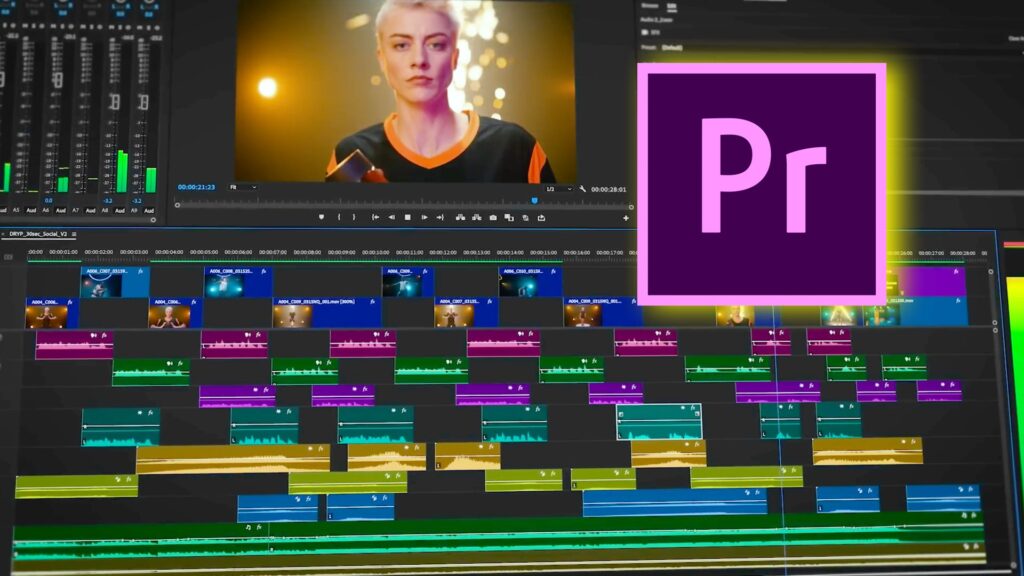
Reportedly, businesses are increasingly demanding stronger AI safeguards in their contracts with advertising agencies, concerned that generative technology could compromise the uniqueness of their brand in the final output and apprehensive about the possible use of their own intellectual property to train AI models. This stance contrasts with the priorities of ad agencies themselves, who are increasingly embracing various AI-based technologies, generative or otherwise, to tackle production tasks.
Source : 80LV










